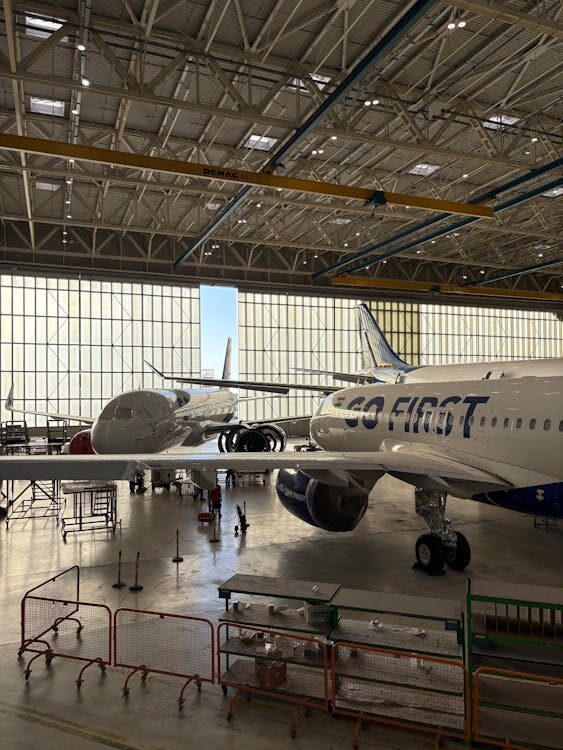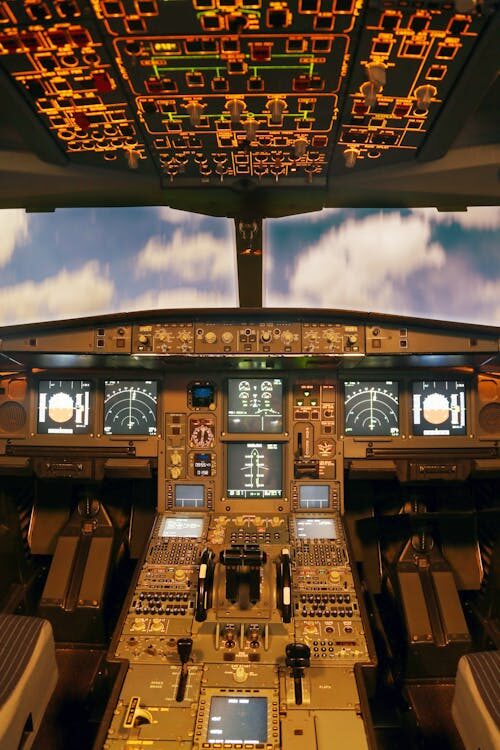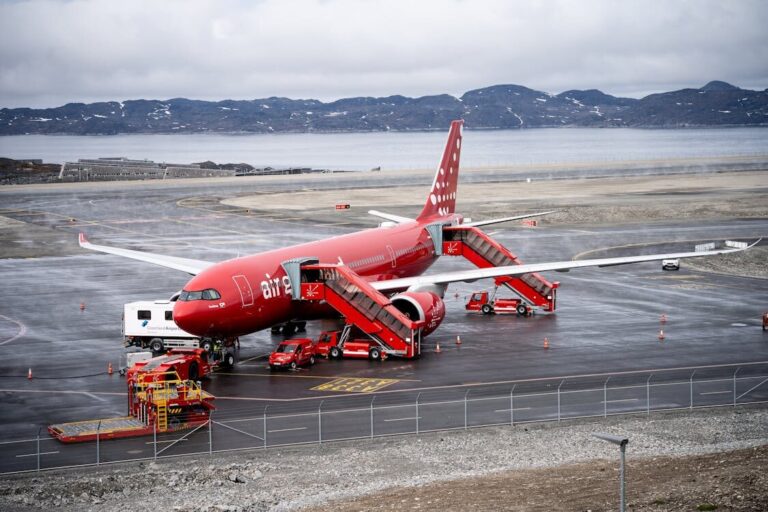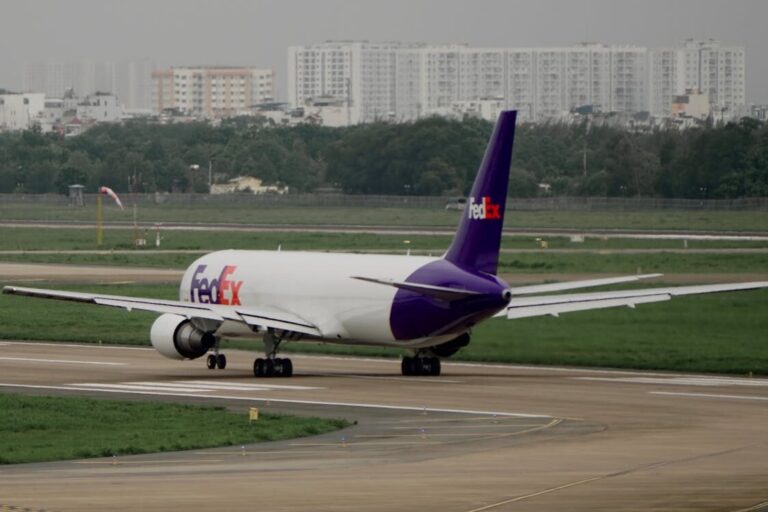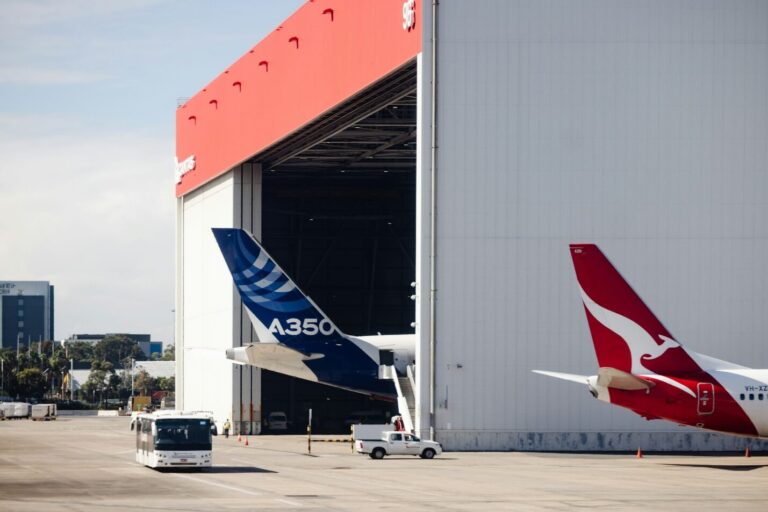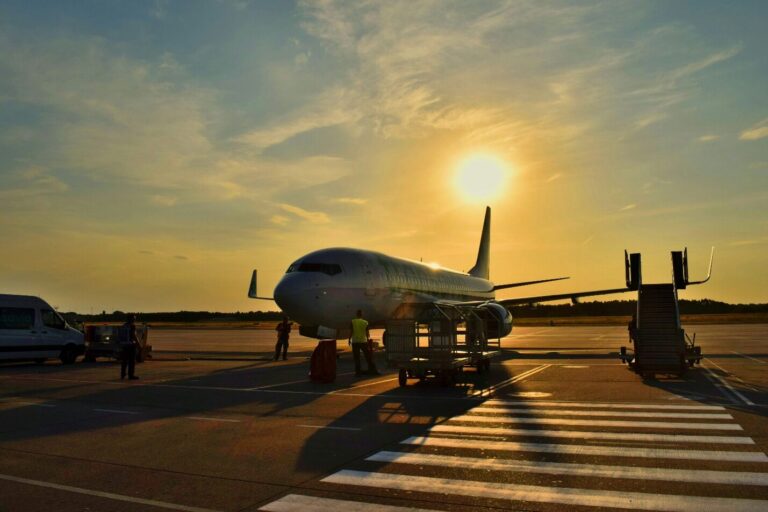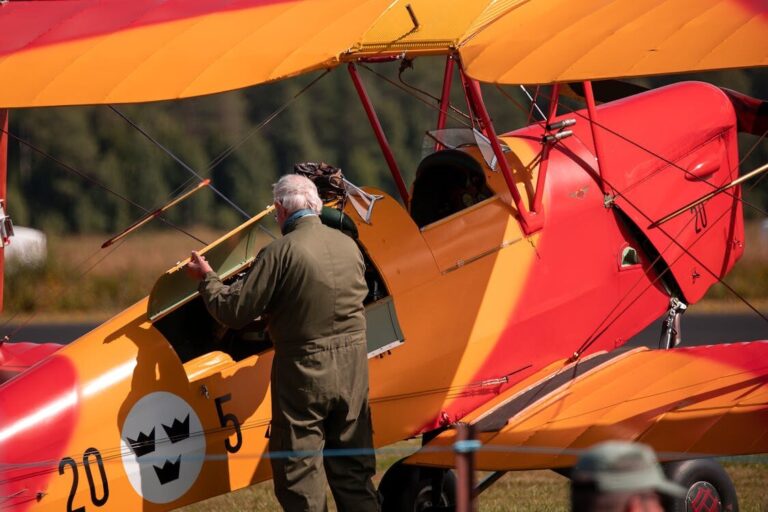
A330 Engine Performance Optimization: A Guide for Aviation Professionals
Whether you’re a pilot, mechanic, or engineer, maximizing the A330’s engine performance isn’t just about fuel efficiency; it’s about optimizing operations, reducing costs, and showcasing your expertise to potential employers.
In today’s competitive job market, demonstrating proficiency in engine performance optimization can be a game-changer for your career.
Let’s dive deeper.
Understanding the A330’s Powerhouses
The Airbus A330, a popular wide-body jet, is equipped with either Rolls-Royce Trent 700 or Pratt & Whitney PW4000 engines. Both engine types offer impressive thrust and fuel efficiency, but their performance can be further enhanced through various optimization techniques.
Key Factors Influencing A330 Engine Performance
Several factors contribute to the overall performance of an A330’s engines:
- Maintenance:Regular maintenance is essential to keep the engines in top condition. This includes cleaning or replacing air filters, inspecting and repairing components, and monitoring engine health parameters.
- Operating Procedures:Proper engine handling during takeoff, climb, cruise, descent, and landing can significantly impact fuel consumption and engine wear.
- Environmental Conditions:Factors like temperature, humidity, and altitude can affect engine performance. Understanding how these conditions influence the engines is crucial for optimization.
- Fuel Quality:Using high-quality fuel that meets the manufacturer’s specifications is vital for optimal engine performance and longevity.
Techniques for A330 Engine Performance Optimization
There are several strategies you can employ to maximize the performance of an A330’s engines, contributing to both operational efficiency and your professional standing:
- Data-Driven Decision Making:The A330 is equipped with sophisticated Engine Condition Monitoring (ECM) systems that provide a wealth of real-time data. By analyzing parameters like fuel flow, exhaust gas temperature, and vibration levels, you can identify trends, detect anomalies, and make informed decisions to optimize engine performance.
- Engine Washing:Regular engine washing is a simple yet effective way to maintain optimal performance. Over time, debris, dust, and other contaminants can accumulate on engine components, disrupting airflow and reducing efficiency. By implementing a routine washing schedule, you can ensure that the engines operate at their peak performance levels.
- Weight Reduction:Every pound of excess weight on an aircraft translates to increased fuel consumption. By adopting a meticulous approach to weight management, whether it’s optimizing cargo loading, minimizing onboard supplies, or utilizing lighter materials, you can significantly reduce fuel burn and operating costs. This practice benefits the bottom line and demonstrates your commitment to sustainability and resource efficiency.
- Optimal Flight Planning:Flight planning plays a critical role in engine performance optimization. By carefully selecting routes that take advantage of favorable winds and altitudes, you can minimize fuel consumption and reduce engine wear. Modern flight planning software can assist in identifying the most efficient routes, considering factors like weather patterns and air traffic congestion.
- Continuous Training:The aviation industry is constantly evolving, with new technologies and techniques emerging regularly. To stay ahead of the curve, invest in continuous training and education on the latest engine optimization strategies. This commitment to lifelong learning will enhance your professional development and make you a valuable asset to any airline or maintenance organization.
As the aviation industry continues to emphasize efficiency and sustainability, your expertise in engine performance optimization will be increasingly in demand, opening doors to exciting career opportunities.
Take the Next Step with Gen Fams
At Gen Fams, we understand the importance of continuous learning and career development for aviation professionals. Our A330 General Familiarization course is designed to equip you with a deep understanding of the aircraft’s systems, including its engines.
We don’t just cover theoretical knowledge; we also provide practical insights and real-world scenarios to help you apply your knowledge effectively. By investing in your education with Gen Fams, you’re opening doors to new career opportunities and positioning yourself as a valuable asset in the aviation industry.


